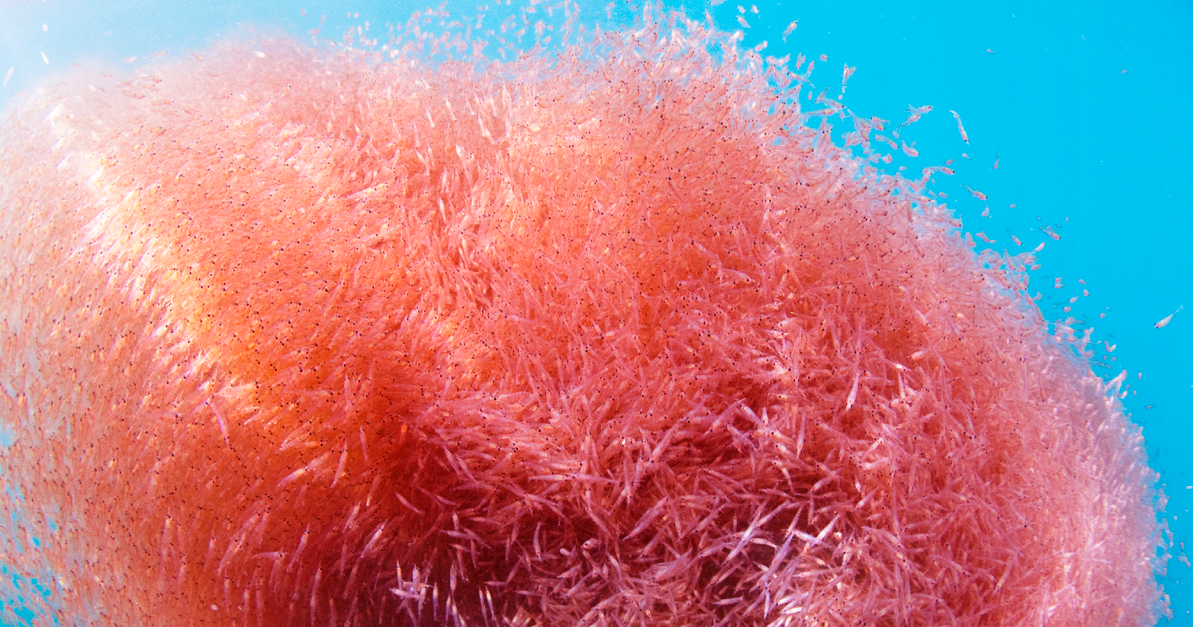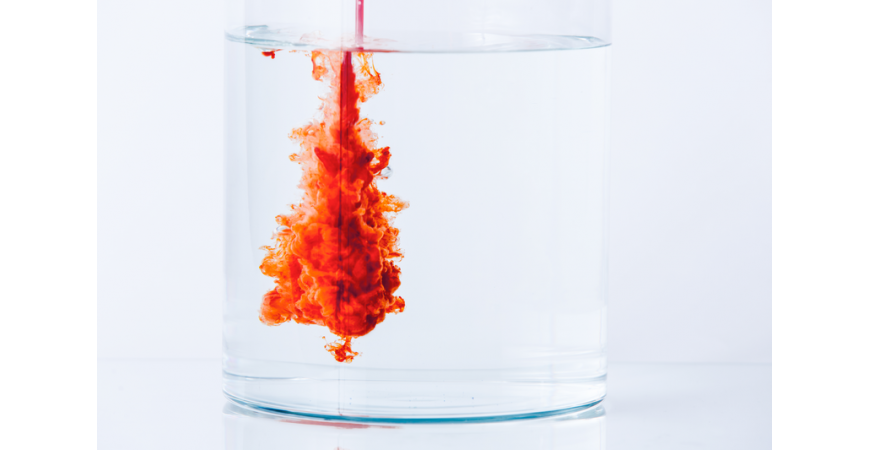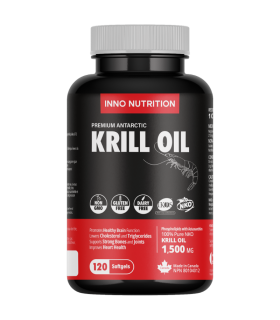What are Phospholipids and Why Should You Care?
Phospholipids are natural, integral parts of cells.
Phospholipids are natural, integral parts of cells. They are structural components of cell surface membranes and the membranes within the cells, because they help maintain their strength, flexibility, and integrity.
Some refer to phospholipids as the “molecule of life”, as without them, we would suffer critical cellular dysfunction and, with that, enormous health consequences.
In addition to being structural components of your cells, phospholipids also have the responsibility of carrying long chain omega-3s eicosapentaenoic acid (EPA) and docosahexaenoic acid (DHA) into your cell membranes. These are the ingredients that provide flexibility to the cell and travel around your body to import the benefits of various tissues and organs.

Phospholipids and Omega-3s
Omega-3s are proving to be just as important, with recent research proving that a relative deficiency could increase the risk of heart attack nearly 10-fold in those with the lowest levels. So where can you find both phospholipids and omega-3s? Only in a few places: fatty fish like Atlantic Salmon and Herring, and Krill Oil.
In wild Atlantic Salmon its omega-3s are delivered in a mix of phospholipids and triglycerides. The same is also true for krill oil.
In krill oil, for example, the majority of the EPA and DHA omega-3s are bound to phospholipids. In contrast, other marine oil omega-3s have EPA and DHA bound to triglycerides, the form of fats the body uses for energy — a form that is also stored as body fat for future energy needs.
Phospholipids Versus Triglycerides
The physical characteristics of triglycerides differ from phospholipids and this affects how they are tolerated by the body. One clear difference is that triglycerides don’t disperse and have a tendency to float on top of stomach fluids, which can result in the fishy burps often associated with fish oil supplements.
On the other hand, phospholipid omega-3s do disperse in water and are easily blended in the stomach fluids, which is why there is no fishy aftertaste when you take krill oil supplements.



